Heritage isn’t confined to museums and galleries. It is embodied in the architecture of our cities, the stories of our elders and the art forms of our communities. Festivals From India is proud to showcase hundreds of arts and cultural festivals that celebrate India’s rich heritage. These festivals, organised by various institutions and organisations, are not just mere events, but they are a lifeline for the communities that have been keeping these traditions alive for generations. They serve as a platform for local artists and performers to showcase their talent and for the marginalised sections of society to reclaim their identity. This World Heritage Day, join us in honouring the tradition keepers. Meet the organisations that are bridging the gap between the past and the future and preserving our heritage, one festival at a time.
Banglanatak
Founded in 2000, Banglanatak is a Kolkata-based social enterprise with a mission to foster inclusive and sustainable development using culture-based approaches. The festivals hosted by the organisation aim at empowering rural traditional artists and also highlight their art, craft and culture. Village festivals hosted by Banglanatak in collaboration with folk artists have established artist villages as cultural destinations, increasing visibility of the region, while promoting cultural tourism in West Bengal. Festivals hosted by Banglanatak include the Sunderban Mela, Birbhum Lokutsav, Chau Mask Festival, Dariyapur Dokra Mela, Bhawaiya Festival and many others.
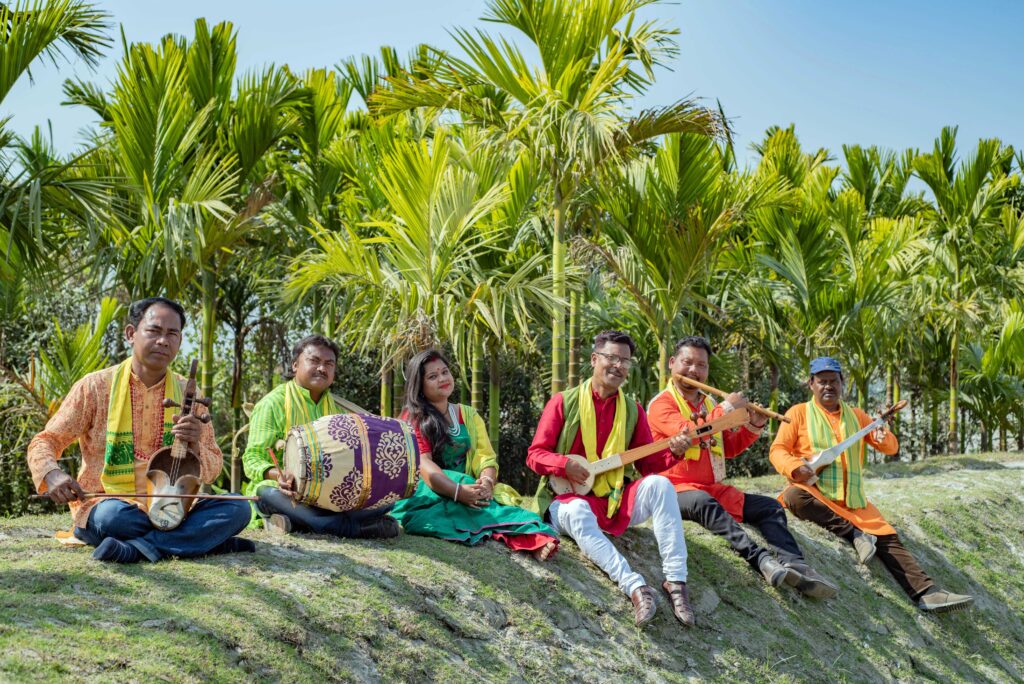
DakshinaChitra Heritage Museum
Situated near Chennai, the DakshinaChitra Heritage Museum brings together the arts and culture of South India within its ambit, to make it accessible to the wider public. Largely, it functions as a hub of art, architecture, crafts and performing arts of South India and is a project of the Madras Craft Foundation, an NGO established in 1996. Besides hosting monthly art and photography exhibitions, the museum also organises an annual arts and culture festival called Utsavam, in collaboration with the Shreya Nagarajan Singh Arts Development Consultancy. Over the years, the event has showcased Indian heritage through presentations of Carnatic classical music, Bharatanatyam and south Indian folk dance and drama forms such as kattaikoothu from Tamil Nadu and yakshagana from Karnataka.
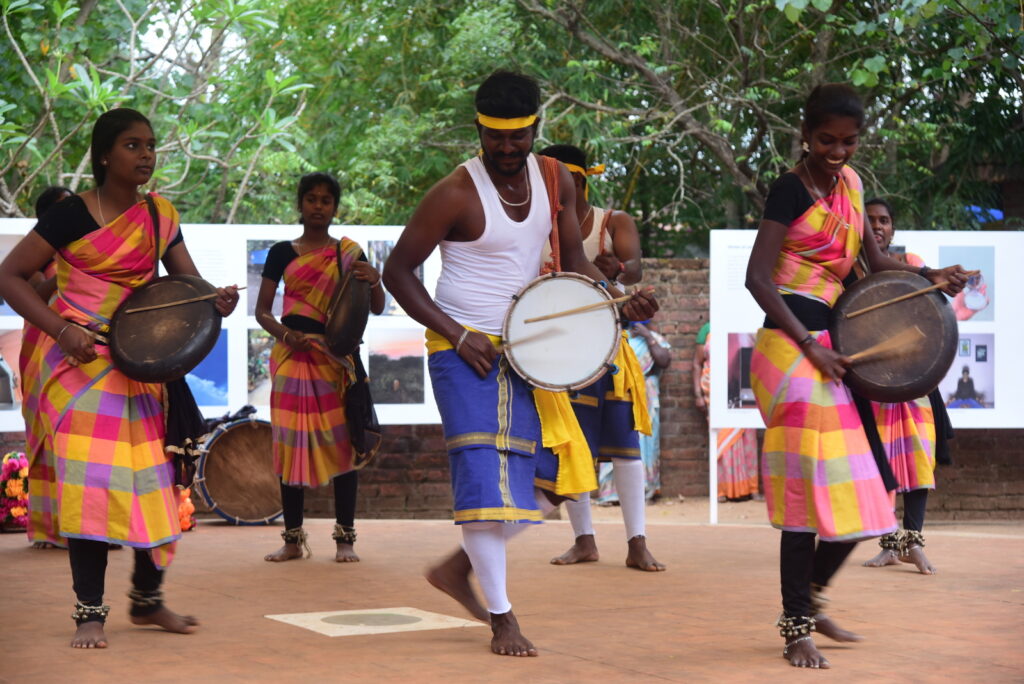
DAG
DAG is an art institution that spans a gamut of verticals including museums, art galleries, exhibitions, publishing, archives, as well as programmes for the specially-abled and sight-impaired. It has one of India’s largest inventories of art and archival material and a brisk acquisitions platform, offering curators and writers innumerable options for the planning and execution of historic retrospectives and expositions. DAG’s events have taken place at their galleries in New Delhi, Mumbai and New York, as well as through collaborations with other prestigious institutions. With its vast collection of works by India’s most celebrated artists like Raja Ravi Verma, Amrita Sher-Gil, Jamini Roy, Nandalal Bose, M.F. Hussain and others, DAG has established a stellar presence in the history of Indian art and culture. DAG celebrated The City as a Museum festival in Kolkata, which aimed to change the way the city is experienced by activating neighbourhoods and localities linked to the lives of artists and art communities featured in the DAG collection.
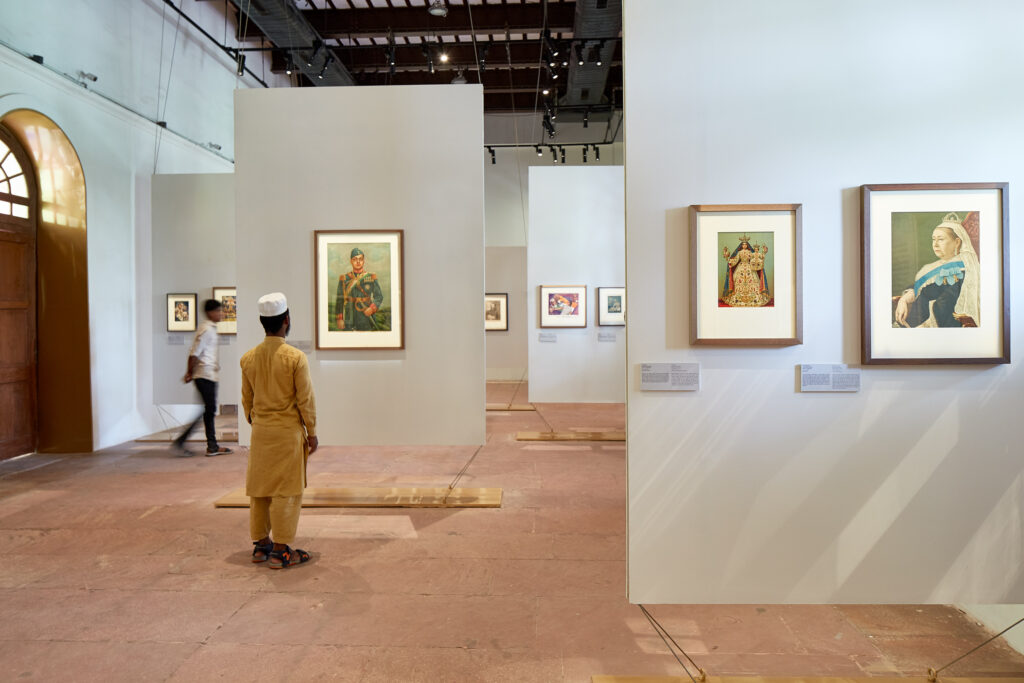
Craft Village
Founded in 2015, Craft Village has been termed “National Entity” by World Crafts Council, a tag given to an organisation that best represents the crafts of the country. Craft Village organises the annual India Craft Week to increase demand for authentic handmade and handcrafted products, directly connecting artisans with buyers, and eliminating the need for middlemen and agencies.
Jana Sanskriti
Jana Sanskriti (JS) Centre for Theatre of the Oppressed established in 1985 in the Sunderbans, aims to create a space in which the oppressed and marginalised sections of society can explore themselves through theatre and the performing arts. The role of the organisation is based on the idea of the Theatre of the Oppressed, a theatre form developed by Augusto Boal in Brazil, that enabled people to discuss concerns on their own terms. Over three decades, Jana Sanskriti has addressed issues like domestic violence, child abuse, maternal and child health, primary education and health care etc. Jana Sanskriti has expanded its presence in different parts of West Bengal, Tripura, Jharkhand, New Delhi, Odisha, Maharashtra, Gujarat, Uttar Pradesh, Rajasthan and Karnataka. Every two years, since 2004, the Centre has organised the Muktadhara Festival, which aims to create connections among artists and academics from all across the globe on the evolving practices of the Theatre of the Oppressed.
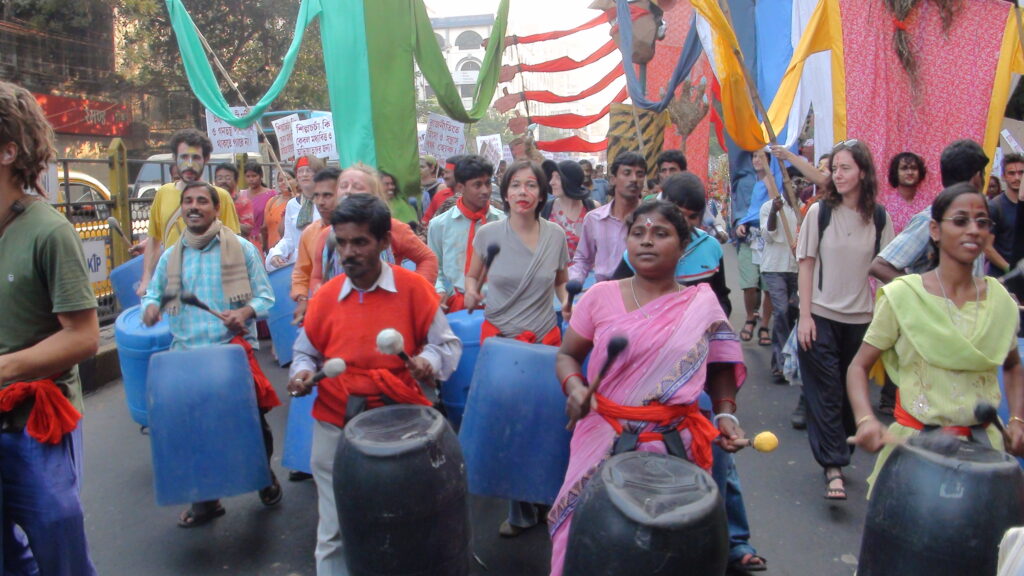
For more articles on festivals in India, check out our Read section of this website.
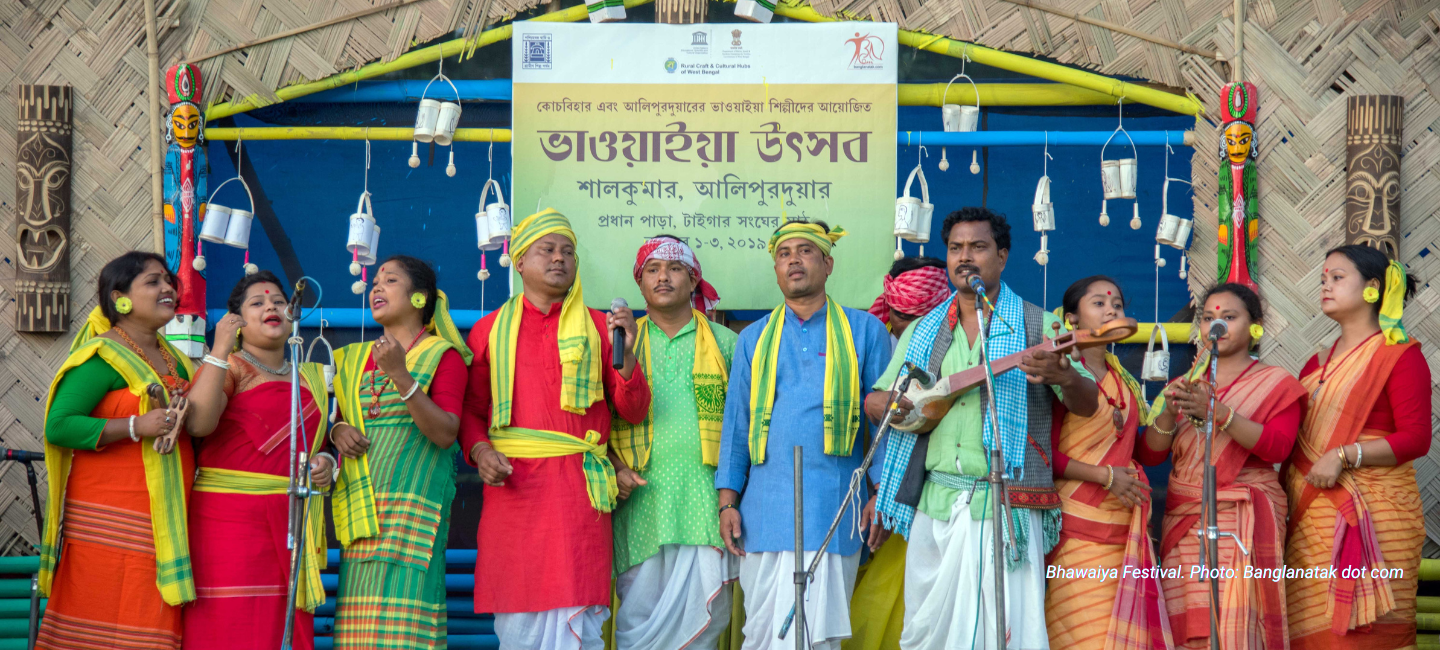
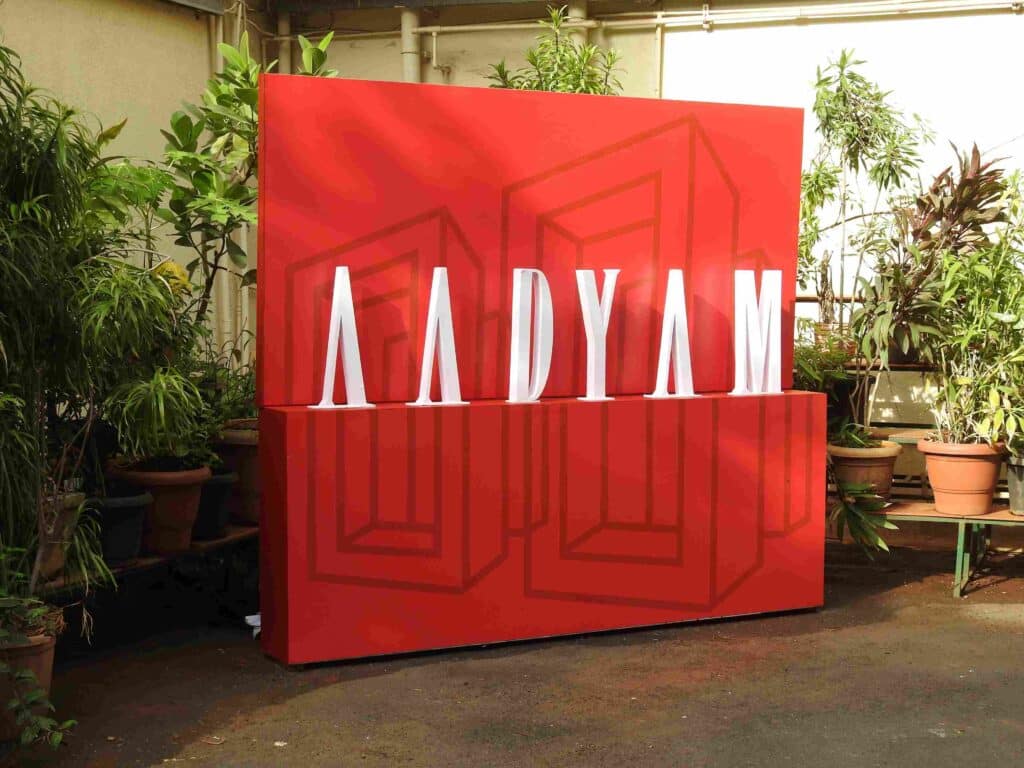
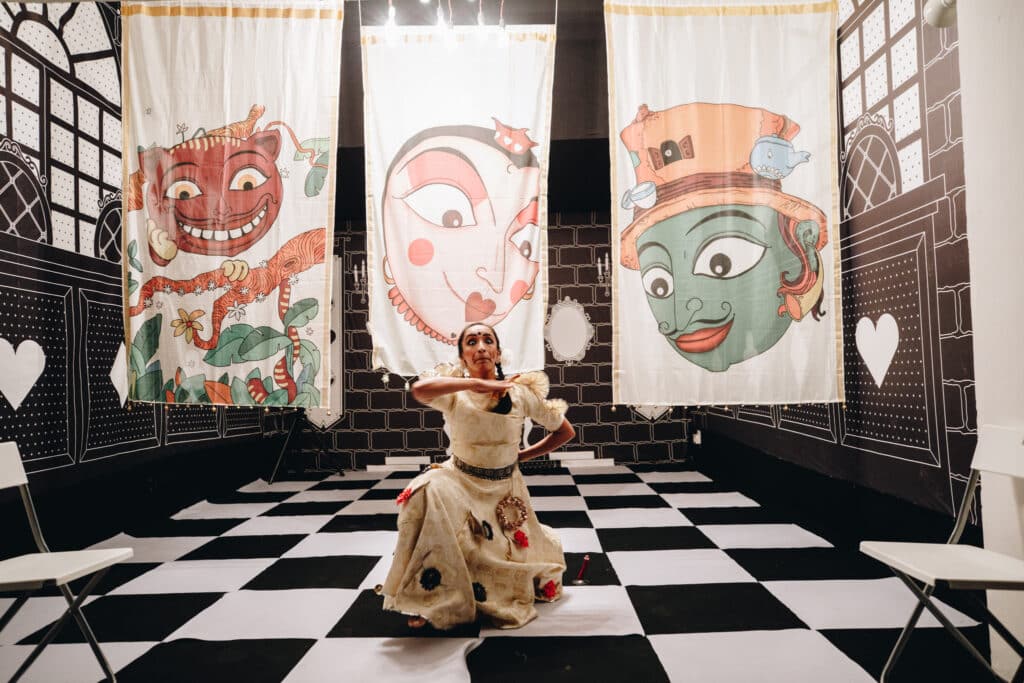
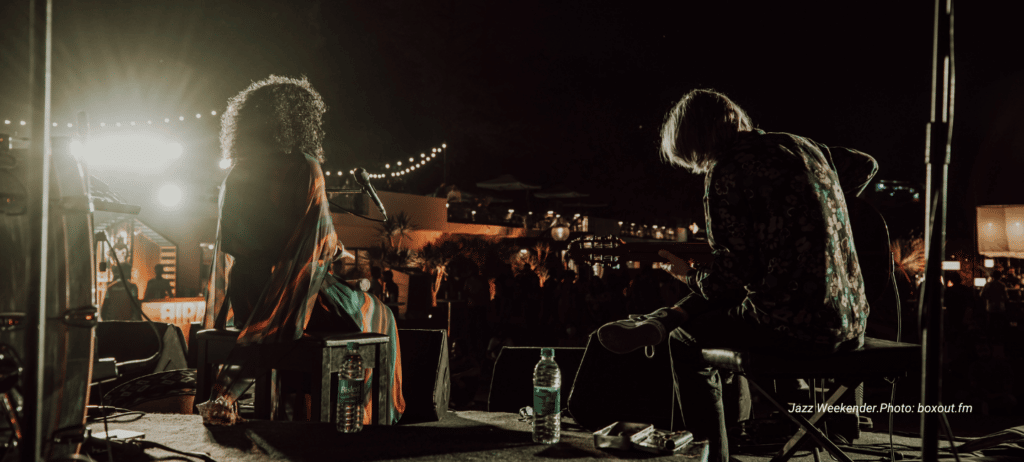
Share on